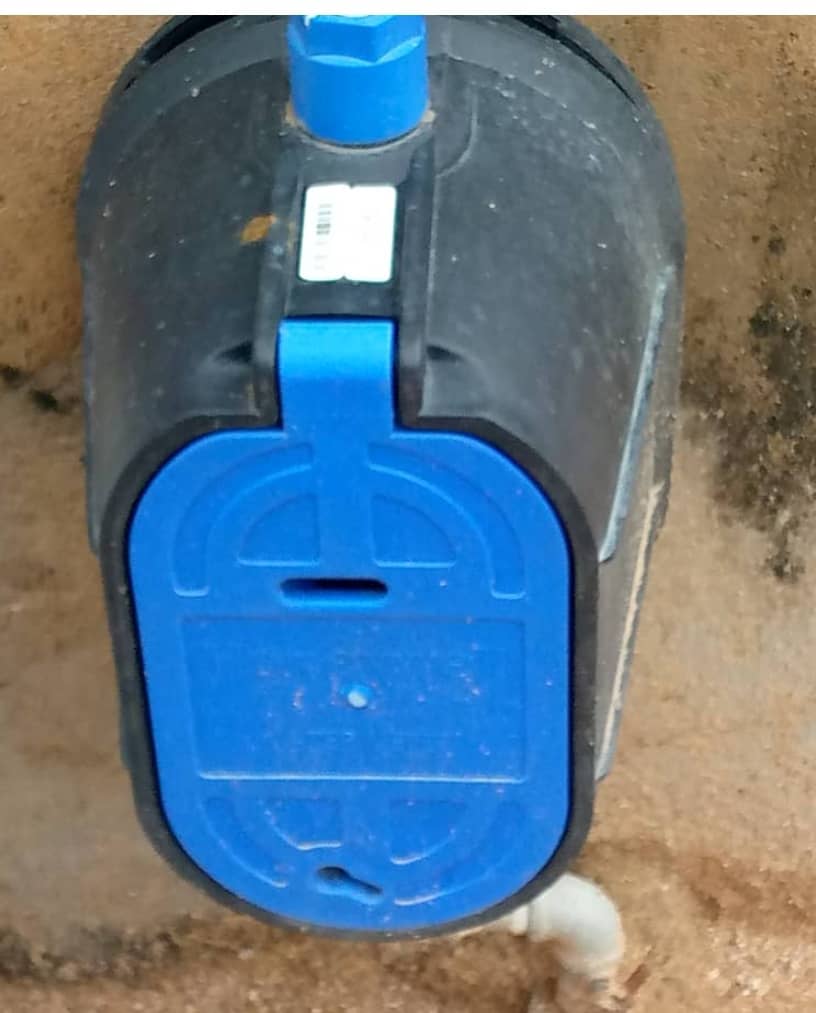Nkosentsha Khumalo
The City of Bulawayo is facing a two pronged water crisis as residents struggle to cope with both prolonged water shedding and exorbitant bills.
Despite the widespread shortage of water, the Bulawayo City Council has continued to issue high bills to residents, many of whom are now questioning the authenticity of the bills and fairness of being charged for water they did not use.
The situation has become increasingly dire for many households, as the lack of water has impacted their daily lives and the sky-high bills have taken a heavy toll on their finances.
Bulawayo residents are not just grappling with high water bills and prolonged water shedding, but are also dealing with an acute power shortage that has left many areas, like Richmond, in the dark for hours on end. Residents of Harrisvale and Neqi have endured 5 months with a drip of water from their taps but still continue to receive exorbitant water bills.
Numerous efforts have been lodged with the City Council to no vail.
As if dealing with one crisis is not enough, residents are now facing a dual challenge of unreliable water and electricity supplies.
This has put immense strain on households, affecting their daily routines, and exacerbating the financial burden of paying for services they barely receive.
The dual crisis facing Bulawayo residents pertaining water shortages and high bills has come under sharp scrutiny in the latest council minutes.
While some councillors called for immediate action, including the adoption of smart water meters to address the issue, others defended the current billing system.
This heated debate unfolded against the backdrop of widespread frustration among residents, who have had to contend with both limited water supplies and staggering bills.
While the council grapples with the ongoing water crisis, some councillors have raised concerns about underlying problems within the system.
It was noted that leakages and losses of revenue were part of the reason for the high bills and water shortages.
These revelations have added a layer of complexities to the debate, as it becomes increasingly clear that the issue goes beyond simply solving the immediate problems faced by residents.
Some councillors have urged a more comprehensive approach that addresses the underlying issues within the system.
The Mayor of Bulawayo, His Worship Senator David Coltart highlighted that 48% of water delivered to the City was lost.
According to the Mayor, the 48% lost can be ranslated to a lot of revenue, which could be used to acquire Smart Water meters.
“The establishment of the water authority by December 2025 would address some of these challenges. The current billing system is now outdated. In other Cities like Johannesburg, South Africa residents access their monthly bills through various media platforms.
“By the end of August 2024 monthly bills should be accessed through Council’s website,” noted Senetor Coltart.
In response, Ward 26 Councillor Mpumelelo Moyo explained that billing was not only for water consumption as it also includes other services.
He noted that Council was expected to collect 70% of what was billed and debt recovery would continue.
Councillor S. Moyo was concerned about inaccurate bills.
He said some residents. had gone for over a month without water supplies but had continued to receive monthly bills with water estimated meter readings.
Moyo noted that other residents had received very high water consumption bills after assisting those without water.
In her view such issues needed to be properly addressed.
Councillor S. Sithole was also concerned about debt recovery.
Sithole notes that In some cases, attachments had been done by the Messenger of Court but she felt that property attachment was very harsh.
Councillor A. Mhlanga noted that during the previously held billing workshop it was very clear that this current billing method was not working.
He called on Council to consider Smart Water meters as a solution.
Councillor N.H Mpofu did not support the attachment of property in debt recovery, stating that the Council’s billing system was wrong and should be discontinued.
Councillor G. Gumede was concerned about residents who collected water from unprotected wells near their residential properties.
Gumede stressed that these properties did not receive water when the supplies were reconnected and that these properties had continued to receive monthly bills with water consumption charges.
Councillor N. Khumalo was of the view that Council should employ more meter readers to facilitate the accurate water charges every month.
Ward 3 Councillor Mxolisi Mahlangu critised the attachment of property in debt recovery especially among the elderly residents.
He supported the roll out of smart metering.
Mahlangu was of the view that residents in Ward 3 had advocated for this service and Council was taking too long to install these Smart Water meters.
Similarly Councillor A.R. Moyo supported the smart water meter concept.
According to Moyo, the issue of Smart Water meters had been discussed for a long time.
Residents were now demanding that Council installs Smart Water meters in the entire City.
Some residents had faulty meters but had continued to receive very high bills.
Councillor Donaldson Mabuto highlighted that it was important to investigate all the high water bills.
He said some residents complained about high bills when they had not paid for a long time.
Councillor A. Ndlovu supported the current billing system.
Ndlovu noted that If residents paid their monthly bills on time, the bills had no accruals.
He urged Councillors to encourage residents to pay their bills every month.
Considerations of smart
water meters was a welcome development during the latest full Council meeting.
It was resolved that the recommendation of the Finance and Development Committee be adopted.
Zim GBC News ©2024


